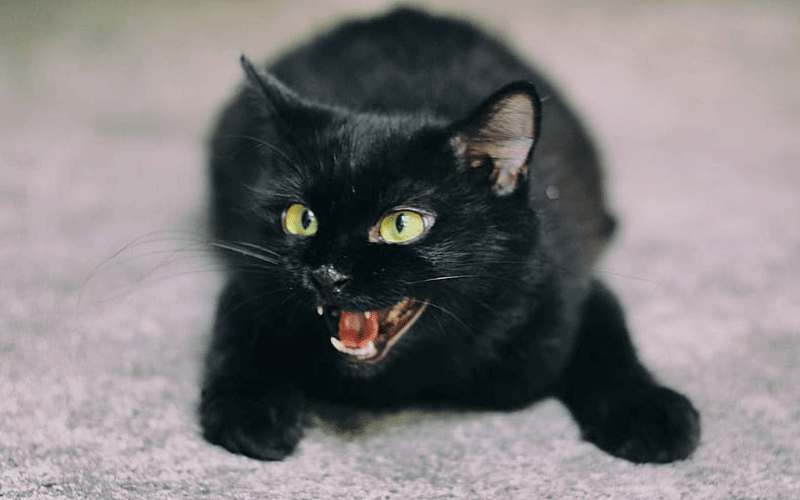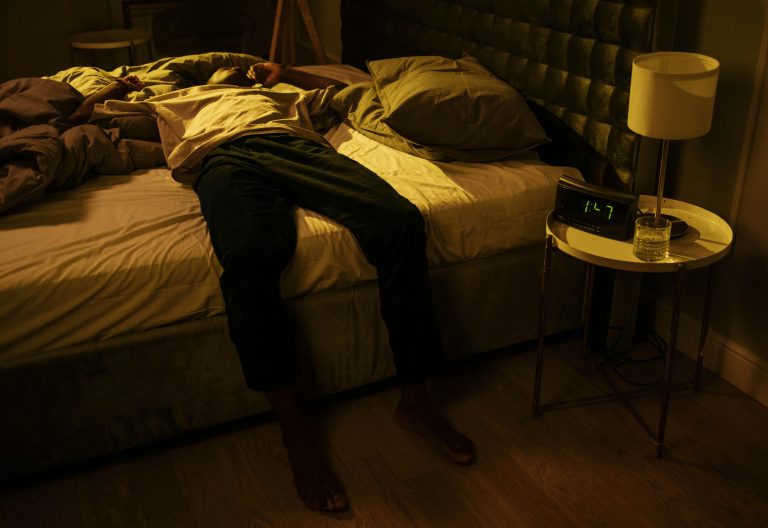To cleanse a new residence or not?

Manuel Ntoyai @manuel_ntoyai
Recently, Twitter was ablaze with stories about haunted houses. One in particular is in Ruiru, and netizens openly discussed the unwanted occupants in it, who made sure no tenants would move in.
Those who previously occupied it could not stay for long, amid claims that stones were thrown at them at night.
Whether it is true or not, the story and subsequent discussions indicated that a majority of Kenyans believe in superstition.
Superstition is defined as a widely held, but irrational belief in supernatural influences, especially as leading to good or bad luck, or a practice based on such a belief.
Common ones include the dreaded 666, considered the mark of the beast; Friday the 13th, an unlucky date; a cat or an old woman crossing the road before an accident; and the association of owls with bad luck, and even death.
Aming these supersitions incude moving houses, with flat caretakers saying they have seen it all, including some rituals tenants perform when they move into new houses.
“It is true there are beings that haunt people in Mombasa. I remember I used to visit my relatives in Likoni and there’s a certain plot no one dared to rent.
It is said the owner died in a mysterious way and his relatives didn’t come from bara (upcounty) on time to pick his body and hence his spirit still lingers around,” says Kaladze Vitze, a Mombasa-based poet.
Mysterious death
He says in most cases, people are careful when moving houses, with some conducting rituals to ward off bad spirits and djinn.

“Some people here don’t move with old brooms because they can transfer problems to new homes.
Some houses have burning incense sticks, which are also used to chase evil spirits,”he explains.
In Nairobi, things are not so different.
“The first time I saw this was when I came to Umoja Innercore area to work as a caretaker in one of the flats.
One morning a man came looking for a vacant house and since we had a couple empty ones, I was happy to show him.
He was pleased with the one at a corner,” says Joseph Musyoka, a caretaker in the estate.
Having agreed on the mode of payments which includes the normal one month deposit and other utility bills, the new tenant decided to move in that evening with his family.
“Before they came in, the guy came back with another middle aged man whom he introduced as his uncle.
They wanted to check the house; they also had a red cockerel. However, when they entered, the guy asked me to wait outside.

I, then, heard the chicken make noise on being slaughtered. A couple of minutes later, they came out with the he dead chicken.
He phoned a relative and an hour later, a lorry with his family arrived,“ divulges Musyoka.
Another common ritual caretakers have witnessed is tenants cooking pork in a new house, something they believe will chase away evil spirits.
“It is common for tenants to cook pork the first day they move into a new houss.
What happens next is what differs; some smear the animal’s fat on their doorsteps and others leave the bones overnight,” says Maina Mwangi, a caretaker in Zimmermann estate.
A section of Rastafarians also chase these evil spirits away by smoking Marijuana in the new house at house parties.
“When one of us is moving houses, we normally have a house warming party in which we smoke weed and exorcise evil spirits from the house.
I also believe that you can grow a plant or two as an indoor plant and it will also function well,”says Ras Mtapa, a rastafarian.
Poverty and social deprivation are leading reasons people believe in superstitions, according to sociologists.
Positive behaviour
“Social pressure and emotional stress are high in most societies, making life insecure and stressful for the people and paves way for superstition,” says Laurriette Rota, a psychiatrist.
She attributes this to lack of control of the immediate environment. People with an external locus of control, meanwhile, believe superstition and luck are in charge of their destiny.
In other words, this group of people are fatalists and consider the fate and supernatural elements in charge of their destiny.
“Most superstitions, in my opinion, can be irrational since there might be other underlying issues that have led to a particular belief, especially premonitions of good or bad luck, or a practice based on such a belief.
Take for example what has a black cat got to do with bad luck?” says Laurriette.
People become superstitious, Laurriette adds, because of individual beliefs and experiences or the belief system that already existed.
“As a psychologist, I think some of these superstitions can have positive behavioral changes and bring about positive energy.
For example, the notion that a particular bracelet will bring you good luck, or protect you from bad luck or even wealth can build someone’s confidence,” she adds.












